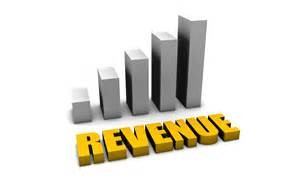The Government has moved to fortify the Revenue’s powers to tackle tax evaders as it closed off loopholes used by companies, landlords and individuals to curtail their tax payments, John Lowe, The Money Doctor reports. The measures are included in the Finance Bill, published last week, which gives legislative effect to Budget 2016. The Bill will also increase the maximum tax on oil and gas fields in Ireland to 55 per cent from 40 per cent. Although the draft law itself will not be enacted until the end of December, it includes specific additional Revenue powers which took effect immediately. Such measures will boost the capacity of the tax authority to secure information about taxpayers from third parties and financial institutions.
The Revenue already had the right to seek information from third parties and financial institutions about known taxpayers. However, such powers have now been expanded to embrace information about any taxpayer whose identity is not known “but who is capable of being identified by other means.” The Revenue has also received powers to ask the High Court to direct that an order requiring third parties and financial institution to provide information about a taxpayer order is not made known to the taxpayer. Its power to obtain taxpayer information from various sources where foreign tax is at issue have also been expanded. It would appear that third parties could be required to provide information concerning an unspecified taxpayer. Such moves could be deemed to be major enhancements of the Revenues’ powers. The Bill includes steps to clamp down on capital gains tax avoidance. It also provides scope to the Revenue to obtain more data on let property. Public offices and property managers will be required to return additional information to Revenue to help it target non-compliant landlords.
The new “petroleum production tax” will replace the profit resource rent tax which was introduced in the Finance Act of 2008. The new regime will provide for an increase in the overall State take and an earlier share of the revenue to the State, and is based on a review of the current scheme initiated by Pat Rabbitte when he was minister for energy. The Bill introduced a grant for disabled drivers to compensate them for an excise duty repayment they lost as a result of a ruling by Europe’s highest court. The Bill also exempts employees from the universal social charge on employer contributions to a personal retirement savings accounts.

